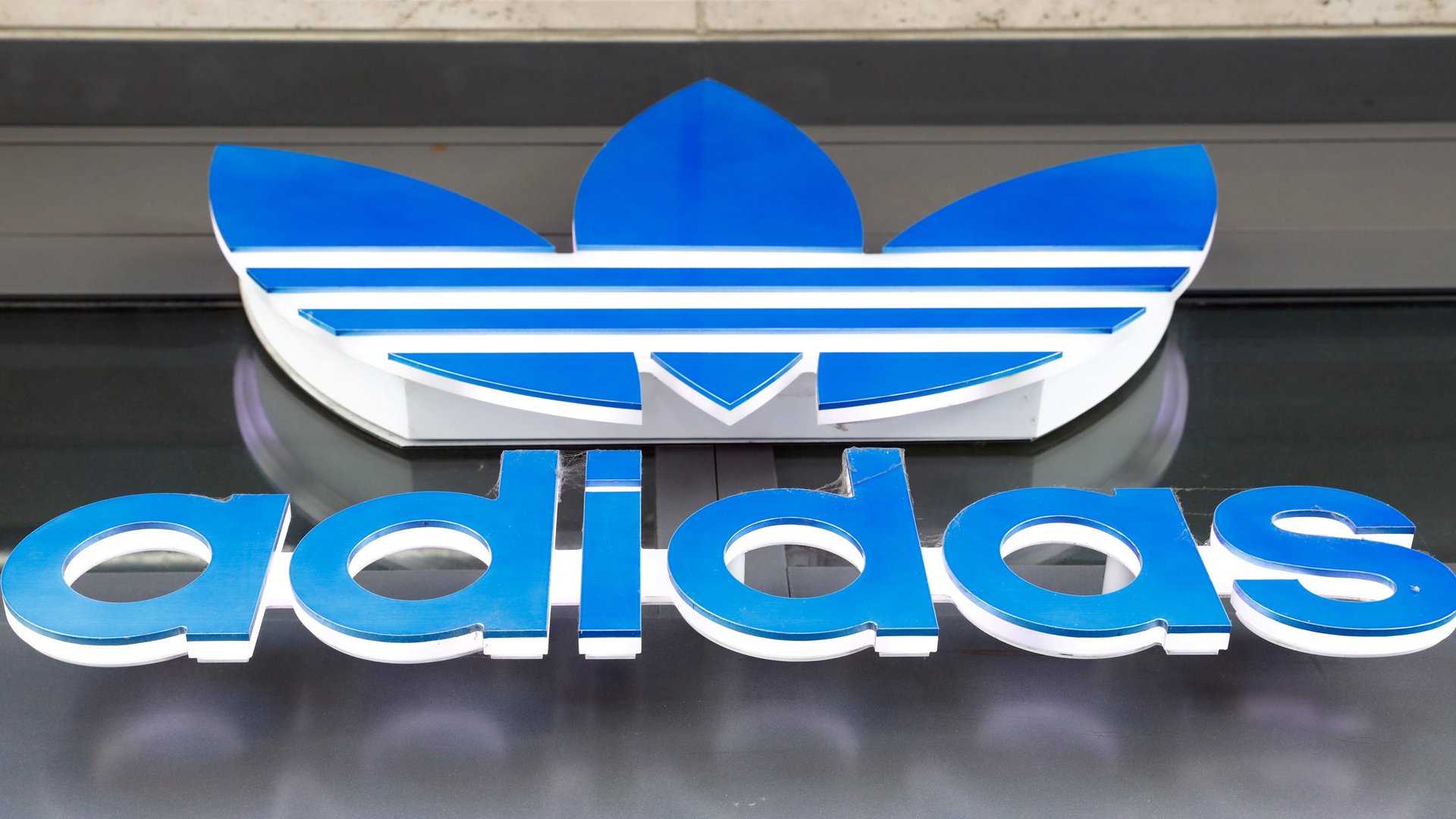Why South Africans are upset Adidas isn’t selling this one shoe to them
When Adidas released the latest sneaker in its long-running collaboration with singer Pharrell Williams on May 14, South Africa was not one of the countries where shoppers could buy it. “We’re not getting this one,” a representative from the company’s office in the country confirmed to Business Insider South Africa.


When Adidas released the latest sneaker in its long-running collaboration with singer Pharrell Williams on May 14, South Africa was not one of the countries where shoppers could buy it. “We’re not getting this one,” a representative from the company’s office in the country confirmed to Business Insider South Africa.
But on the top of the shoe is the Xhosa word uluntu. It’s a language spoken by millions of members of one of South Africa’s largest ethnic groups. Adidas described the word as meaning “human race,” though commenters on Twitter said it more accurately translates to “community.” Either way, the community the sneaker drew its inspiration from was excluded from a chance to buy it, incurring the disapproval of some in South Africa.
Update (June 3): In response to media coverage, Adidas said it will make the shoe available to purchase in limited quantities online in South Africa beginning June 12.
Artificial scarcity in the sneaker business
The shoe is part of a series of sneakers Adidas has made with Williams embroidered with words from different languages. The company typically sells them in limited quantities through select retail partners and its Confirmed app, which is only offered in certain countries. Generally these aren’t mass launches where anyone who wants a pair can get them. It’s a common distribution strategy in the sneaker business, where desire for a product tends to rise with its exclusivity, but by not making them available in South Africa, Adidas stumbled onto the wrong side of an issue that has received growing attention in the fashion industry.
Cultural appropriation in the fashion industry
In recent years, global corporations have been criticized for exploitative cultural appropriation, where they borrow from a culture, especially indigenous or disadvantaged ones, without including it in the process or profits. The situation can be complicated when a designer is trying to show appreciation for a culture, but often it amounts to a company turning a cultural group’s heritage into a way to make money without so much as consulting it.
Some groups have been pushing back. Maasai people in Kenya and Tanzania have sought to prevent companies from using their distinctive patterns without a licensing agreement. Mexico’s government has gone after companies co-opting the designs of its indigenous groups.
But companies are being warned they need to be more thoughtful in how they take inspiration from a culture. In Adidas’s case, that just means at least giving the community that inspired its sneaker the opportunity to buy it.